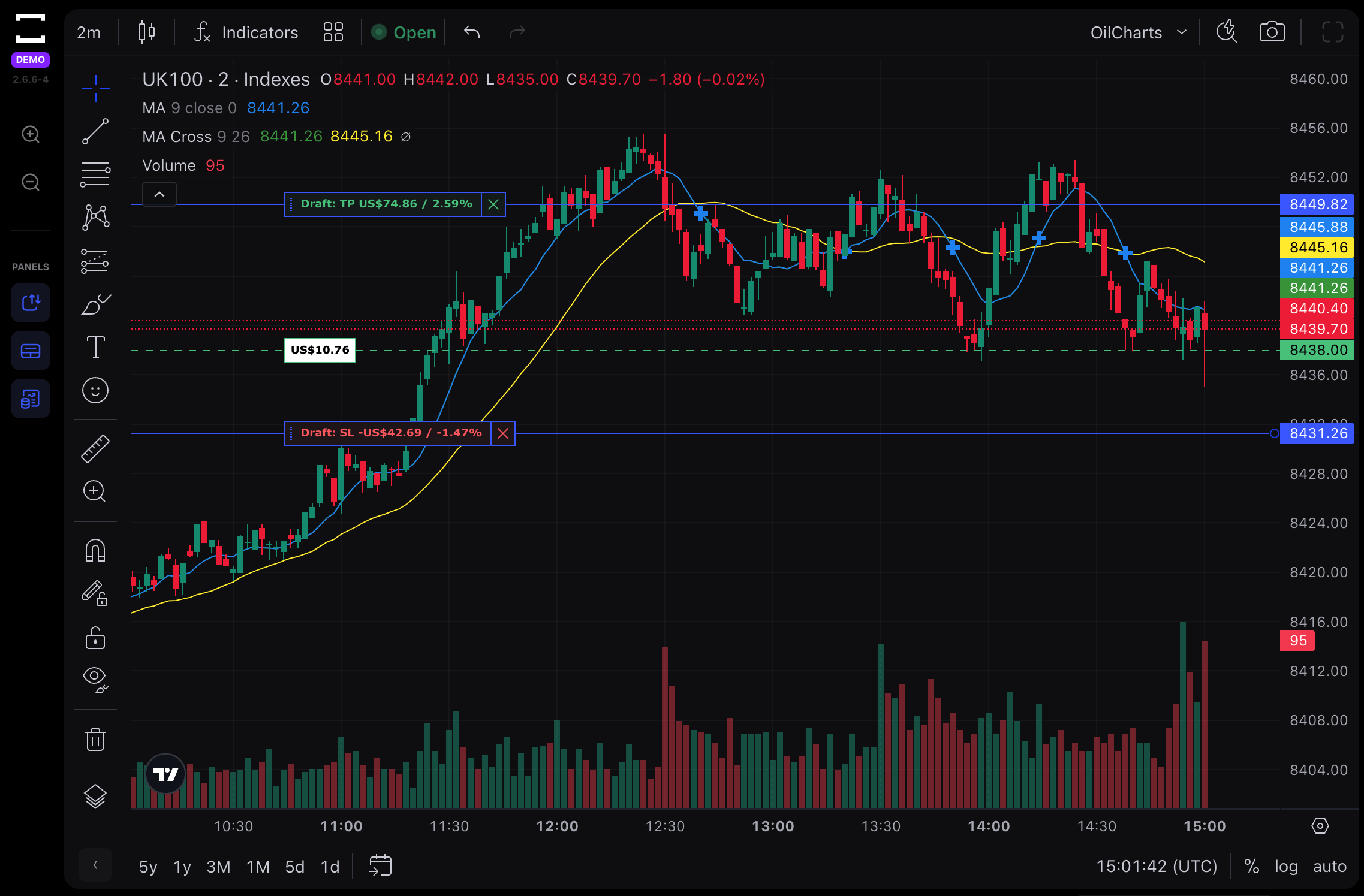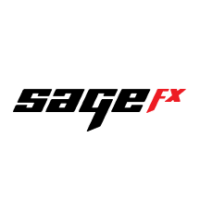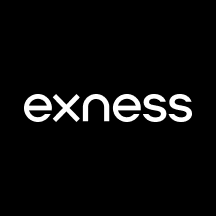What is Paper Trade?
Paper trading, also known as demo trading, lets you trade with “fake” money and practice buying and selling assets. Everything is essentially the same as if you were trading with real money, except you can practice your hand at trading without any of the risk. Our system tracks your orders and you can see how much Profit or Loss (PnL) you have on your account. This helps you gauge how good you are at trading!
-
-
Practice trading with $100,000 of virtual buying power
Trade stocks, crypto, indices, metals, energies and forex in a live market simulation.
-
Refine and optimize your trading experience
See how changes to tool settings and organization can complement your trading workflow.
-
Open multiple accounts at any time you want
Trade multiple times in case you burn through your account without any risk.
-
Track and evaluate your performance
Leverage a range of virtual trade data, including profit and loss analysis, to help validate or refine your trading strategies.
-
How does paper trading work?
Well, it’s basically a forex trading simulator that you can use to learn the basics of trading. It’s great for beginners and novice traders who want to get some practice before diving into the real thing. The idea is to treat paper trading as if it were the real deal. You can test out different strategies such as consolidation strategy, price actions, looking for liquidity and others.
You can apply paper trading to different market conditions. For example, if the market is volatile, you might experience higher costs due to wider spreads. You can also use paper trading to familiarize yourself with different types of orders, like stop-loss, limit orders, and market orders. Many platforms even provide charts, quotes, and news feeds.

How are Paper Trading and Prop Trading Different?
Paper Trading
In paper trading, traders can simulate various market conditions and analyze their hypothetical performance. They gain insights into market behavior, learn to interpret market indicators, and refine their decision-making skills. This type of trading is especially beneficial for honing strategies, experimenting with new techniques, or getting accustomed to a new trading platform. However, since real money is not on the line, paper trading may not accurately replicate the emotional and psychological aspects of live trading.
From the technology point of view your paper trades are executed right away, the brokers terminal doesn’t fetch the actual price offered on the market, so you are essentially buying an asset with no fees, spreads and swaps. This can skew your perception that your trades are easy to handle.
Prop Trading
Prop trading, short for proprietary trading, involves financial firms or banks trading stocks, bonds, currencies, commodities, derivatives, or other financial instruments with the firm’s own money, as opposed to using clients’ funds. This type of trading enables the firm to reap the full benefits of a successful trade but also means it bears the full risk of any losses.
Prop traders are professional traders who use the firm’s capital to make speculative trades. They are typically highly experienced and skilled in market analysis and trading strategies. Prop trading can involve a variety of trading strategies, from day trading to long-term investments, and can cover a wide range of financial instruments.
Prop trading is distinctly different from client-driven trading, where trades are made on behalf of clients. It’s driven by the pursuit of direct profit for the firm and involves real capital, which means real financial risks and rewards. Unlike paper trading, prop trading yields rewards and requires a deep understanding of market risks, strict risk management controls, and high levels of discipline.
How can I become a prop trader?
Becoming a prop trader is a challenging yet rewarding career path, especially for those with a keen interest in financial markets and a talent for trading. You can become one by taking a challenge on any of the prop trading company, we suggest checking our list of prop firms that have TradeLocker.
Get a Prop Challenge
Take on a prop challenge with some of Prop Firms that have TradeLocker. Become a funded trader if you pass the requirements. This means you get to keep a large portion of profits you generate.
Advantages and Disadvantages of Paper Trading
Advantages
a. No risk of loss
The main benefit of paper trading is that it eliminates the risk of loss. That’s because paper trading involves the use of so-called paper or fake money. As such, you don’t have to use real money to trade stocks or other assets.
b. Practice trading as a novice trader
You can familiarize yourself and practice with as many tools as possible and decide which ones make the most sense for you, your comfort level, and your goals.
c. Test different trading strategies
Paper trading allows you to study and test different trading strategies and techniques before you go live with the real thing.
Disadvantages
Paper trading isn’t perfect as it doesn’t involve the use of real assets.
a. Provide a false sense of security
Often results in distorted investment returns. In other words, nonconformity with the real market happens because paper trading does not involve the risk of real genuine capital.
b. No chance of earning real returns
Since there is no risk of loss with paper trading, there is also no potential for a return. If a trader makes a good move using a paper trade, there’s no chance that they’ll be able to realize the gain because they aren’t using real money.
c. Basic strategies
Paper trading allows for basic investment strategies, such as buying low and selling high, which are more challenging to adhere to in real life, but are relatively easy to achieve while paper trading.
Get a Free Demo Account where you can practice trading on TradeLocker using real-time market data—all without risking a dime.
Where to Start Paper Trading?
We have listed out all of the brokers and props we know you can have a free demo account. Do you want to start trading with real money.

15,778 adopters

892 adopters

2,394 adopters

354 adopters

1,331 adopters

208 adopters

86 adopters

470 adopters

735 adopters

52 adopters

378 adopters

0 adopters

0 adopters

173 adopters

404 adopters

16 adopters

0 adopters

47 adopters

270 adopters

8,639 adopters

914 adopters

2,359 adopters

355 adopters

1,196 adopters